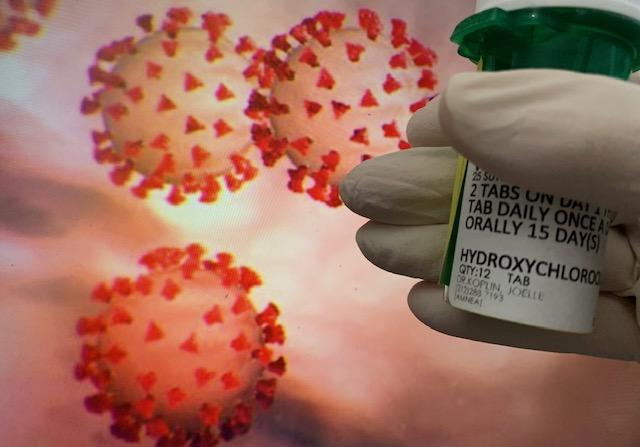The coronavirus pandemic has brought a myriad of health concerns and worries to our world, and it is natural to feel overwhelmed and unsure of how to protect ourselves and our loved ones. HCQS 200 Mg, a drug used to treat malaria, lupus, and rheumatoid arthritis, has been identified as a potential treatment option for COVID-19. In this blog post, we will explore the evidence surrounding hydroxychloroquine and why it may be the best treatment option for COVID-19.
What is hydroxychloroquine?
Buy HCQS 200 Mg Online(HCQ) is a medication used to treat and prevent certain types of malaria. It has also been used to treat lupus, rheumatoid arthritis, and other inflammatory and autoimmune diseases. Hydroxychloroquine has also recently been explored as a possible treatment option for COVID-19, although its efficacy is still being debated. The drug works by blocking the action of certain enzymes in the body that can contribute to inflammation and other immune system responses. It also appears to have antiviral properties, which may be beneficial in treating the novel coronavirus.
How does hydroxychloroquine work?
Hydroxychloroquine is a synthetic form of quinine, an antimalarial drug. It is believed to work by interfering with the activity of certain enzymes involved in the development of the virus, thereby preventing it from replicating and infecting healthy cells. Hydroxychloroquine has been used to treat malaria for many years and is generally considered safe when taken at recommended doses.
The antiviral properties of Buy Hydroxychloroquine are believed to be due to its ability to inhibit a specific enzyme called heme polymerase. This enzyme is responsible for synthesizing the genetic material of the virus, and by blocking this enzyme, hydroxychloroquine can effectively stop the virus from replicating and spreading. Additionally, hydroxychloroquine also seems to have some anti-inflammatory effects, which can reduce the severity of the symptoms associated with COVID-19.
Despite its potential efficacy against the virus, the exact mechanism of action of hydroxychloroquine is still not fully understood and more research needs to be done to determine its effectiveness.
Who should not take hydroxychloroquine?
When it comes to any medication, it’s important to consider if the patient is eligible for treatment. HCQS 400 Mg has certain contraindications that must be taken into consideration before administering it to a patient. This medication should not be taken by patients with known hypersensitivity to hydroxychloroquine, as well as those with hepatic, cardiac, or retinal disorders.
Patients should also avoid this medication if they are pregnant, breastfeeding, or have a history of mental illness. In addition, those with kidney or liver disease, or who are taking certain other medications should use caution when taking hydroxychloroquine. Lastly, individuals with prolonged QT intervals should not take hydroxychloroquine. It is important to consult a doctor before starting any new medication.
How is hydroxychloroquine being used to treat COVID-19?
Hydroxychloroquine is being used to treat COVID-19 in a variety of ways. The most popular treatment option is to combine it with the antibiotic azithromycin, as this combination has been found to be effective in treating mild to moderate cases of the virus. This combination is also being used for high-risk patients who have preexisting health conditions and are more vulnerable to the effects of COVID-19.
Another way hydroxychloroquine is being used to treat COVID-19 is as a prophylaxis for those who have been exposed to the virus but are not yet symptomatic. In this case, the drug is taken for a set amount of time (typically two weeks) to reduce the likelihood of developing symptoms or severe illness.
Are there any other potential treatments for COVID-19?
Currently, the only approved treatments for COVID-19 are supportive care, including oxygen therapy, mechanical ventilation, and anti-viral drugs like hydroxychloroquine.
However, scientists are actively researching new treatments for the virus. Some of these potential treatments include monoclonal antibodies, which are designed to attach to a specific target on the virus, neutralizing it; convalescent plasma, which is blood plasma from people who have recovered from COVID-19 that contains antibodies that may help fight the virus; and vaccines.
At the moment, there are several vaccine candidates that are being tested in clinical trials around the world. If these trials prove successful, it could offer a safe and effective way to prevent people from contracting COVID-19.
